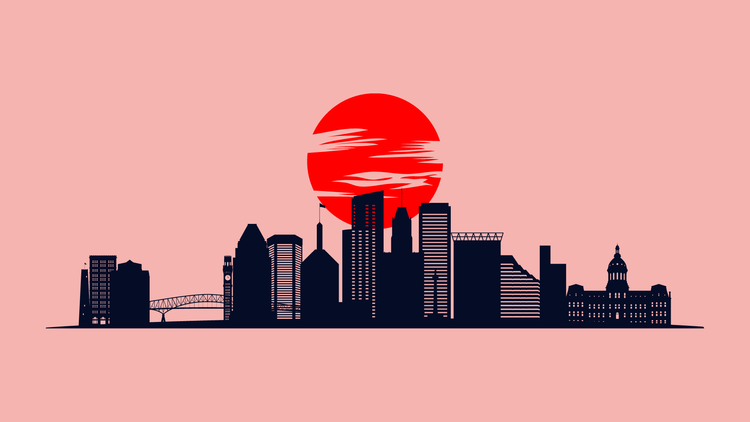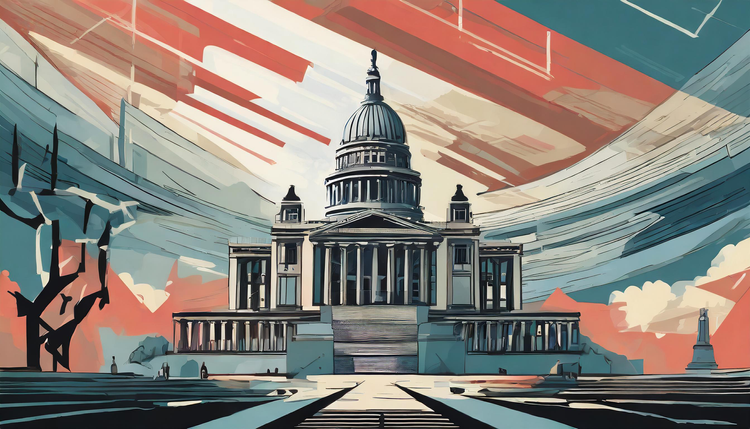How COVID is Making or Breaking Leaders
It may take different forms, but you know it when you see it.
As COVID went from #Hoax to pandemic, we have been able to watch how leaders from across the world have responded to a fast-moving global crisis of unprecedented scale. Below are three case studies in public leadership during a pandemic.
Germany
Angela Merkel, Germany's Chancellor, addressed COVID in a primetime speech yesterday. It was a remarkable moment of leadership.
Merkel nailed the delicate two-step of urgency and steadiness. She was clear, confident, and human.
Merkel framed the pandemic in historical terms: "since the Second World War, there has not been a challenge for our country in which action in a spirit of solidarity on our part was so important."
Yet her remarks were anchored in the here and now. The virus was not merely a threat to public health. It was a killer that was coming for "a father or grandfather, a mother or grandmother, a partner."
The whole speech is worth reading (link), but I thought Merkel's ability to weave together government action with national purpose was particularly powerful:
This is part of what open democracy is about: that we make political decisions transparent and explain them. That we justify and communicate our actions as best we can, so that people are able to understand them. I firmly believe that we will pass this test if all citizens genuinely see this as THEIR task.
U.S.
The US has seen low lows and high highs from its public leaders recently.
Leadership starts at the top, and something like COVID is tailor-made to surface President Trump's weaknesses. A virus is not a media creation. It cannot be bullied, manipulated, or blame-branded on another country.
The only way to beat a pandemic without destroying social cohesion is through competent, determined, and humble leadership. For weeks, whatever has been coming out of 1600 Penn Ave has been the opposite of competent, determined, and humble. The results have been disastrous.
Despite Trump's statements of confidence, week-to-week unemployment claims in Ohio jumped from 5,400 to 77,817. US unemployment could reach 20% without massive sustained interventions.
Despite Trump's pleas for isolation, people are still partying on Florida beaches. Those same people, fat and happy, will then get on planes, go home, and bring the virus with them. They will make the situation much, much worse.
Despite Trump's never-ending boasts about the economy, the stock market is in freefall. It is now lower than when he entered office in 2017. It has not bottomed out yet.
And despite Trump's highest hopes, the US is heading into a massive recession that will crater the US economy until, at least, the next presidential election. Trump didn't cause the COVID collapse, but he certainly has not done much to slow it, soften it, or prevent it. Quite the opposite.
In contrast, governors and mayors across the country have been doing the tough, unsexy work of governing. During an unprecedented emergency, coordinating efforts, issuing directives, marshaling resources, and leading with humanity are not partisan actions.
No one cares what political party claims Hogan, Dewine, Inslee, or Cuomo. With a few notable exceptions, local leaders, both Republican or Democratic, have done excellent work in the most difficult circumstances imaginable.
If you live in the US, your confidence about the future depends on which model of leadership you follow. If you tune into the daily gameshow in DC, or get your information from cable news, you cannot feel good about the next few weeks or months.
But if you focus on the words and deeds of your mayor, governor, or local leader, you know we will get through this. It will take time, and it will hurt, but local communities are incredibly resilient. They will continue to be.
China
For the majority of people who do not read every issue of Foreign Affairs, COVID has been a case study on the various forms of Chinese leadership.
At first, Chinese authorities sought to muzzle their country's truth-tellers. Beijing used its massive organs of state power – intelligence, law enforcement – to intimidate doctors, nurses, and patients. Hiding the truth from people, in China and around the world, about a fast-moving pandemic was an intentional strategy.
But pandemics don't care about state authorities, and information eventually flows to those who most need it. So when large numbers of people turned up sick and dying, and evidence started to circulate on the internet, Beijing moved into Phase II.
In a manner of days, China instituted the largest state-enforced quarantine in human history. Tens or hundreds of millions of people were locked down. By forcibly restricting movement in large parts of the country, China suppressed the virus.
The country of 1.5 billion people still accounts for a vast majority of the dead and infected, but the trend-lines have been flattening out for weeks. According to the latest reporting, yesterday marked the first day without any new confirmations of COVID in China.
As Phase II ramped up, Beijing's Phase III plan took form. This phase involves a massive coordinated effort to generate disinformation, pump conspiracy theories, and influence the clean-up through economic coercion. Phase III seeks to win hearts, minds, and wallets.
The NYT highlights Beijing's ongoing attempt to reshape the country's COVID narrative.
Germany and the US are at the beginning of the beginning. The short and medium-term will involve a lot of pain and hardship. But here's what we know. Leadership – good and bad – at pivotal moments has dramatically altered the course of history. Our leaders ought to remember that. China is at the end of the beginning. It seems to have made it through the peak of COVID, and its leaders are quickly moving to establish the post-pandemic truth.
Great leaders make government agencies, healthcare systems, and capital markets work. Bad leaders do the opposite. We must elevate the former, and shame the latter, in the moments of greatest need.
For those of us who love to study leadership, we will look back at the pandemic of 2020 as the best of times and the worst of times.





